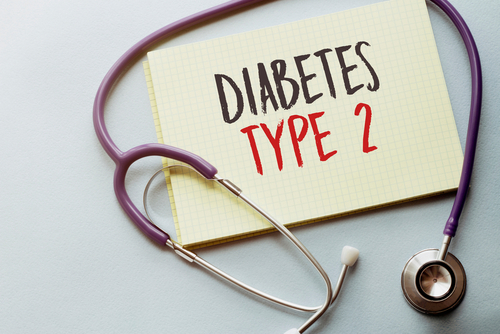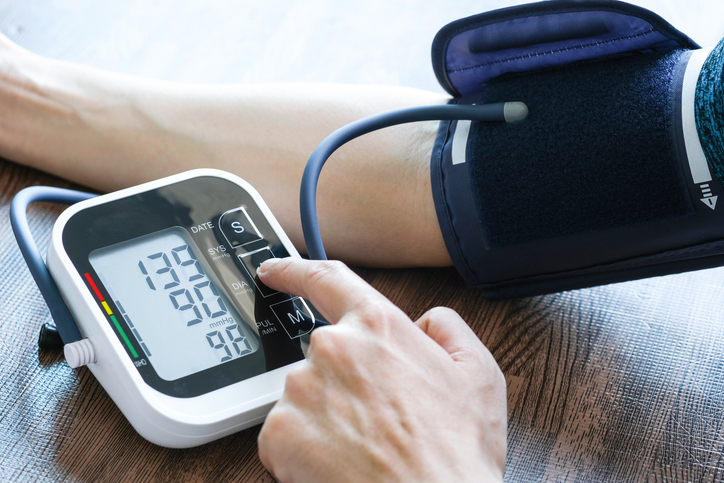
Researchers in the Netherlands, led by M. Rifqi Rokhman, MSc, conducted a systematic review to examine and assimilate evidence from studies that have reported on the cost-effectiveness of screening programs for chronic kidney disease (CKD). The study protocol was registered on PROSPERO.
The final search was conducted on January 18, 2023, using seven databases. Two independent reviewers performed screening of articles, data extraction, and quality assessment. The credibility of the included studies was assessed using the ISPOR-AMCP-NPC checklist.
The search revealed 4948 studies. Of those, 20 were included in the qualitative synthesis. Study results demonstrated that screening for kidney disease in populations with diabetes were cost-effective (n=8, 57%) or even cost-savings (n=6, 43%). The cost-effectiveness of screening for kidney disease was also cost-effective in patients with hypertension (n=4; 67%).
Findings were inconsistent across studies in the general population: some found screening to be cost-effective (n=11, 69%), some found screening to be cost-saving (n=2, 12%), and others found screening was not cost-effective (n=3, 19%). The prevalence of CKD and cost of screening were the most influential parameters.
In conclusion, the authors said, “Screening for CKD in patients with diabetes or hypertension is recommended from a cost-effectiveness point of view. For the general population, despite some inconsistent findings, the majority of studies demonstrated that screening in this population is cost-effective, depending mainly on the prevalence and the costs of screening. Health care decision makers need to consider the prevalence, stratification strategies, and advocate for lower screening costs to reduce the burden on health care budgets and to make screening even more favorable from the health economic perspective.”
Source: Value in Health







 © 2025 Mashup Media, LLC, a Formedics Property. All Rights Reserved.
© 2025 Mashup Media, LLC, a Formedics Property. All Rights Reserved.